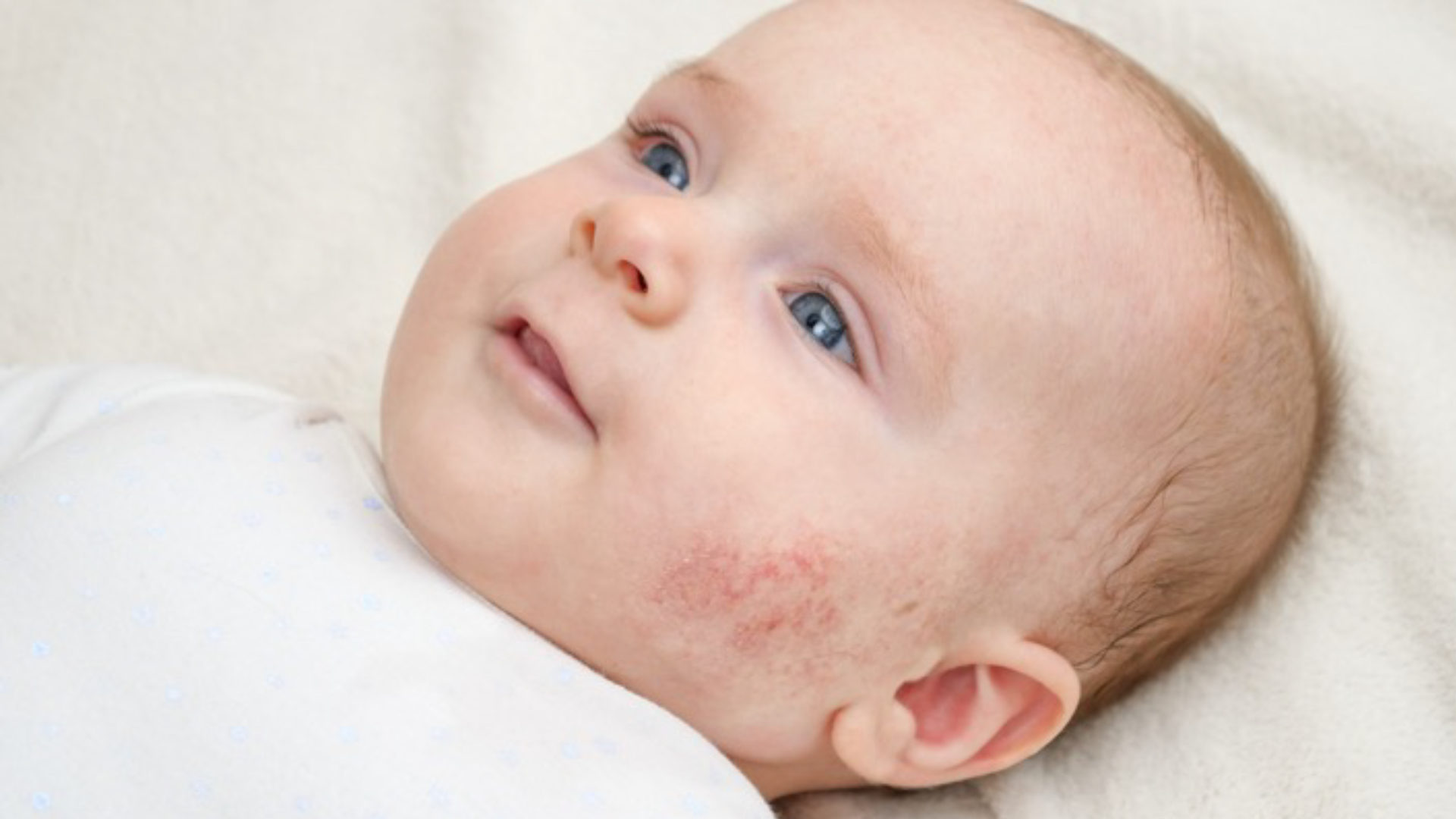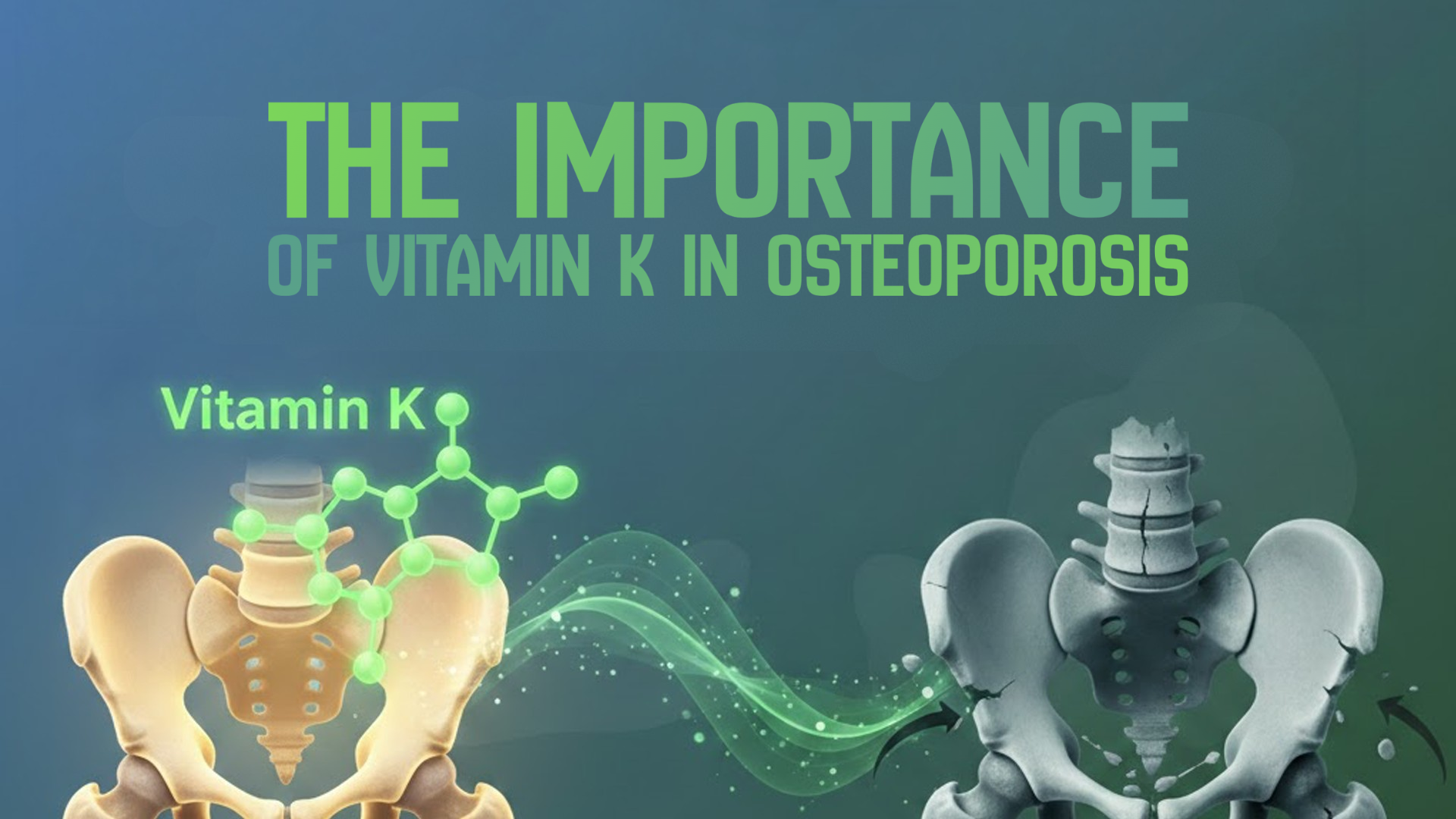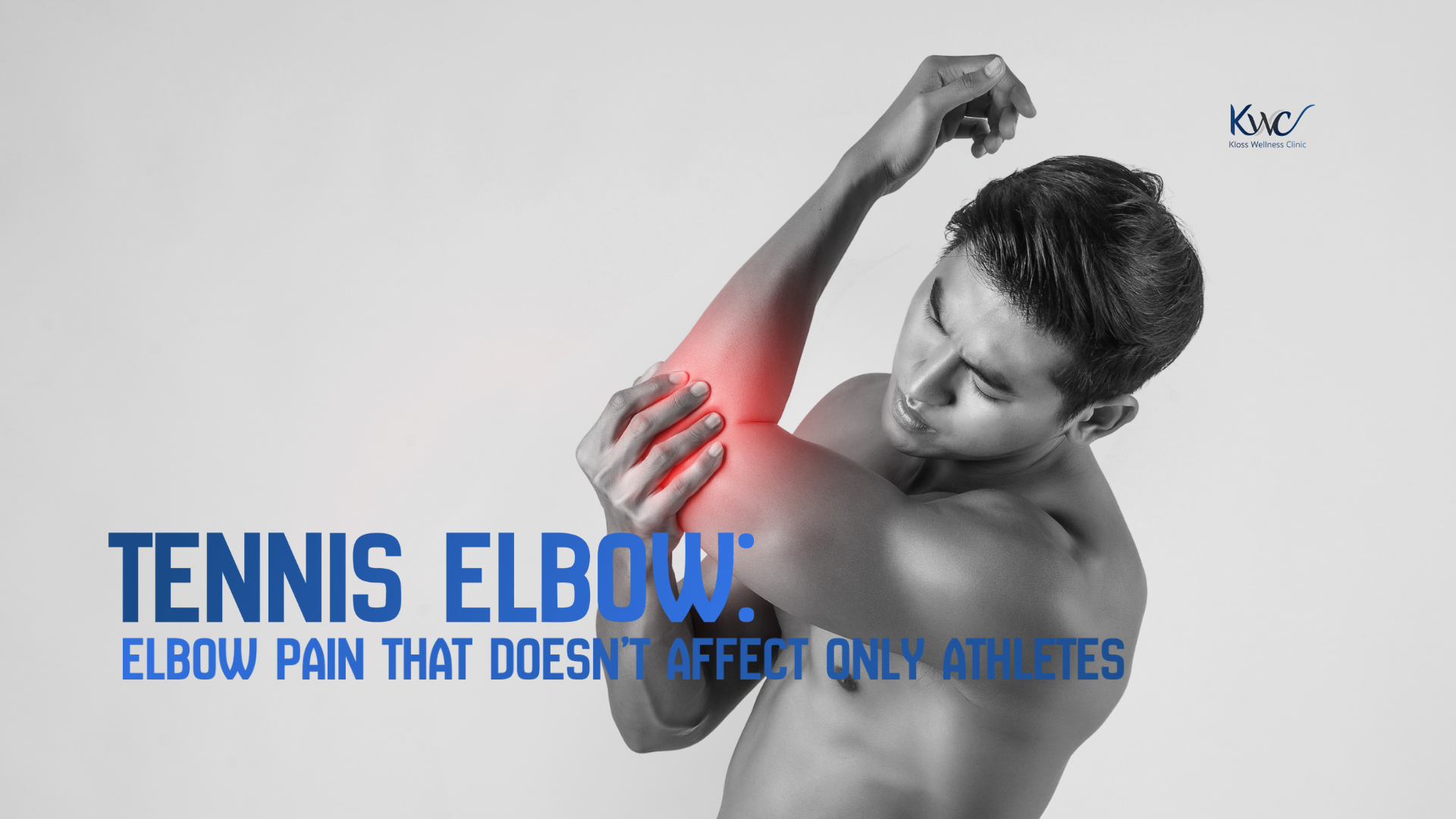Understanding Baby Acne: A Guide for Parents

Baby acne is a common condition that manifests as small, red bumps on a baby's skin, often appearing on the face and neck. While it might look concerning, it's generally harmless and tends to resolve on its own. The primary cause of baby acne is the exposure to maternal hormones before birth, which can stimulate the baby's oil glands, leading to the development of acne.

Diagnosing baby acne is straightforward; your baby's doctor can typically identify it just by examining the skin. Most cases of baby acne resolve on their own within a few weeks to months. However, if the acne appears severe, with cysts or scars, or if it persists, your baby might need special medication prescribed by the doctor. Always consult the doctor before using any over-the-counter acne medications on your baby.
While baby acne usually doesn't require medical attention, you should consult your baby's doctor if you have any concerns about your baby's skin condition. If you are following a regular well-baby exam schedule, you will have the opportunity to discuss any concerns about your baby's skin. For baby acne, consider asking the following questions during the appointment: Is my baby's acne temporary or long-lasting? Are there any treatments available? What advice do you have for my baby's skin care? Will this acne scar my baby's face? To assess the severity of your baby's acne, the doctor may ask if there is a family history of severe acne or if your baby has been exposed to any medications that can cause acne, such as corticosteroids or iodine-containing medicines.
There are several straightforward procedures that you can implement to ensure the health of your infant's skin: clean your baby's face daily with warm water, alternating between using plain water and a mild, moisturizing facial soap. Pat your baby's skin dry gently after washing. Do not pick at or scrub the acne, as this can worsen the condition or lead to infection. Refrain from using lotions, ointments, or oils on your baby's skin, as these can exacerbate baby acne.
By understanding baby acne and following these guidelines, you can ensure your baby's skin remains healthy and clear up any concerns you may have. Always consult your baby's doctor for personalized advice and treatment options. For more detailed information about symptoms and diagnosis and resources, visit the ArokaGO Health Library.
Share this article
More Articles
Discover more insights on health care and medical tourism.

The Importance of Vitamin K in Osteoporosis
Osteoporosis is a major public health problem, comparable to diabetes, hypertension, and hyperlipidemia. It has long posed a serious threat to the health and quality of life of the Thai population, particularly older adults. Most elderly individuals with osteoporosis experience no warning symptoms or early signs, resulting in delayed diagnosis and lack of early treatment. Consequently, these individuals are at high risk of fragility fractures at various sites, including the wrist, spine, hip, and upper arm.

Tennis Elbow: Elbow Pain That Doesn’t Affect Only Athletes
Tennis Elbow, medically known as Lateral Epicondylitis, is an inflammatory condition of the tendons on the outer side of the elbow. It is caused by repetitive use of the arm, wrist, or elbow over a prolonged period, such as typing on a computer, using a smartphone, lifting heavy objects, or even doing routine household chores.

List of Private Hospitals in Thailand
Thailand is widely recognised as one of Asia’s leading destinations for private healthcare, offering international-standard medical services, advanced technology, and highly experienced physicians. Private hospitals in Thailand serve both local residents and international patients, particularly in areas such as complex surgery, health check-ups, wellness, and medical tourism.